Presented at the Clinical Practice Research Institute (CPRI). Hosted by the American Speech-Language-Hearing Association Research Mentoring Network.
Essential Elements

1. List the title of the proposed research, the Principal Investigator(s), and the institution(s).
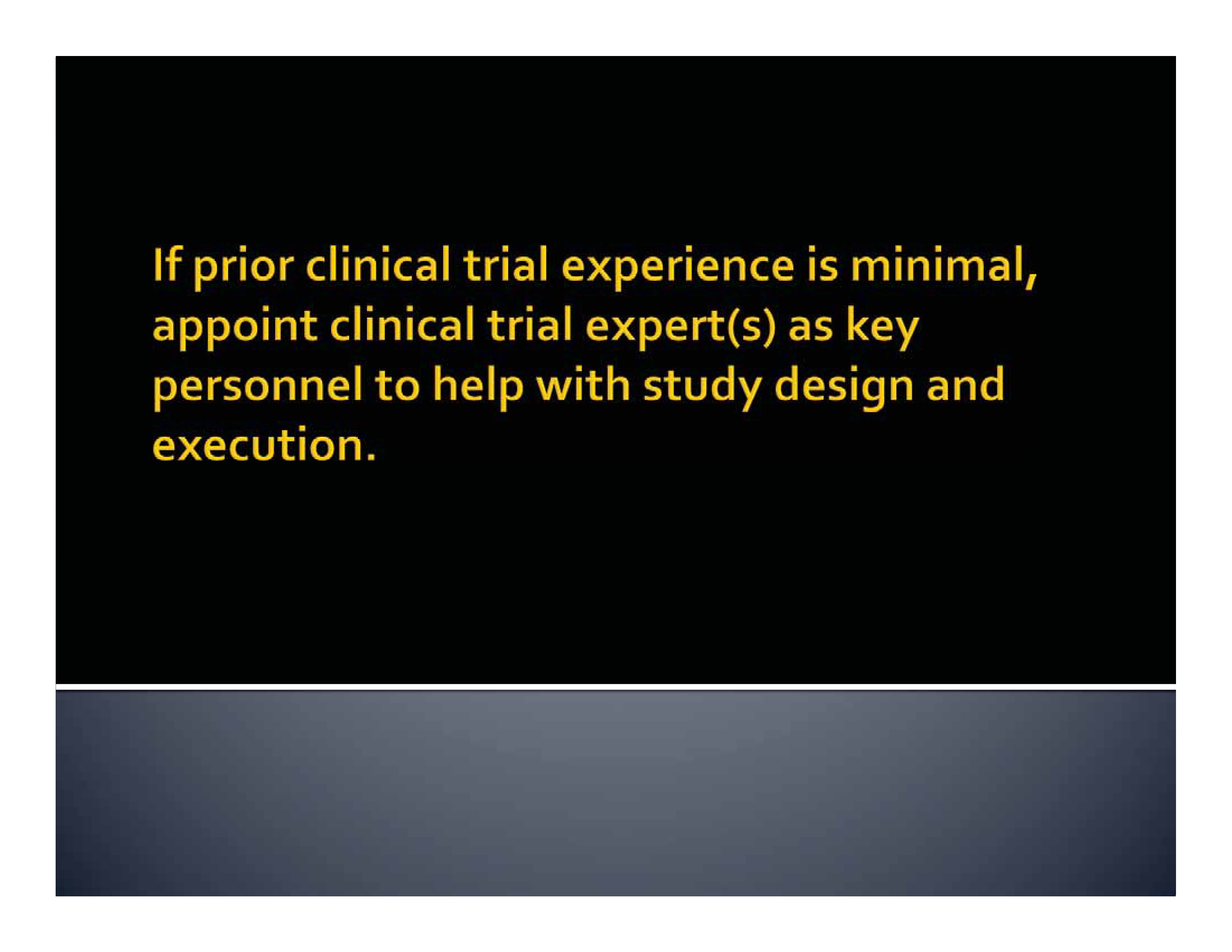
2. If prior clinical trial experience is minimal, appoint clinical trial expert(s) as key personnel to help with study design and execution.
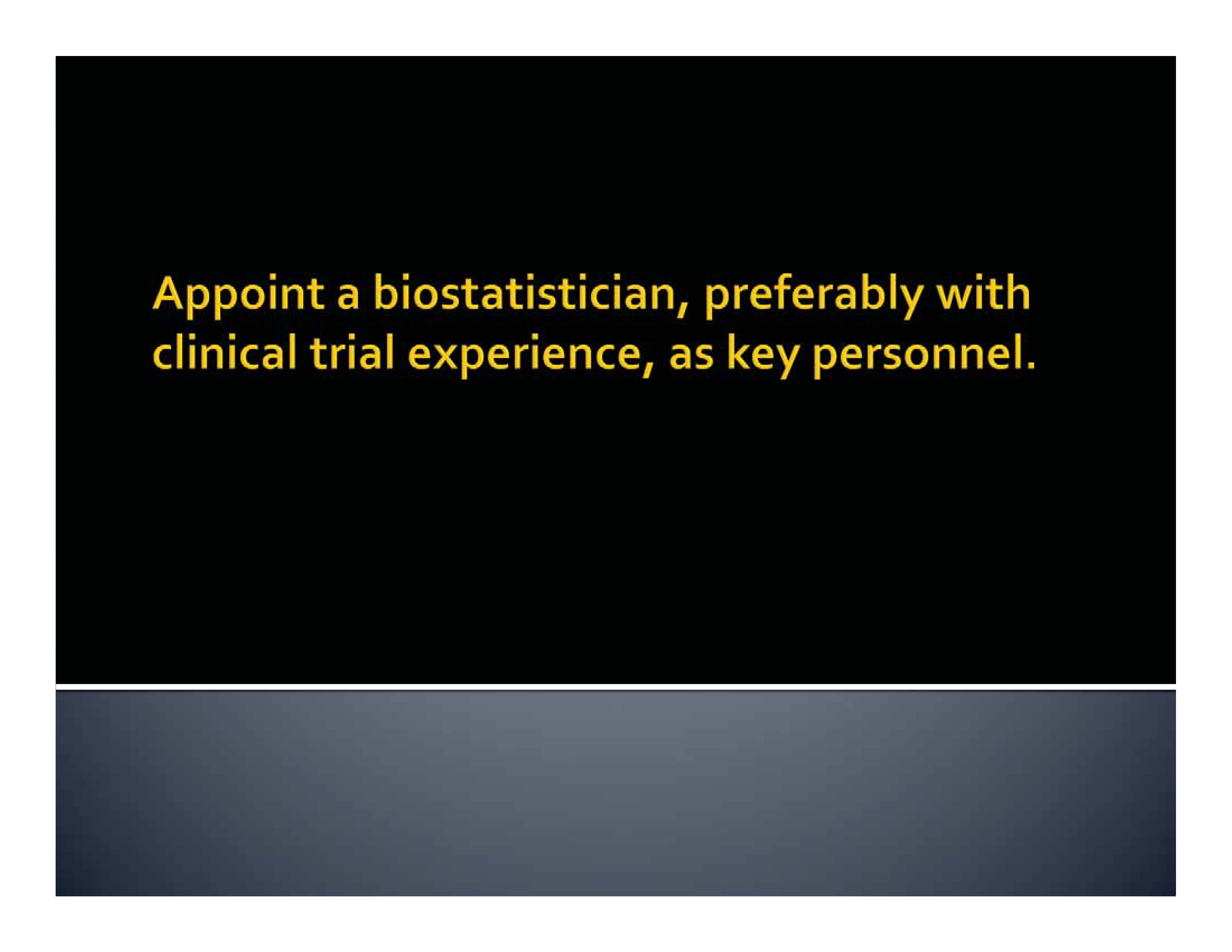
3. Appoint a biostatistician, preferably with clinical trial experience, as key personnel.
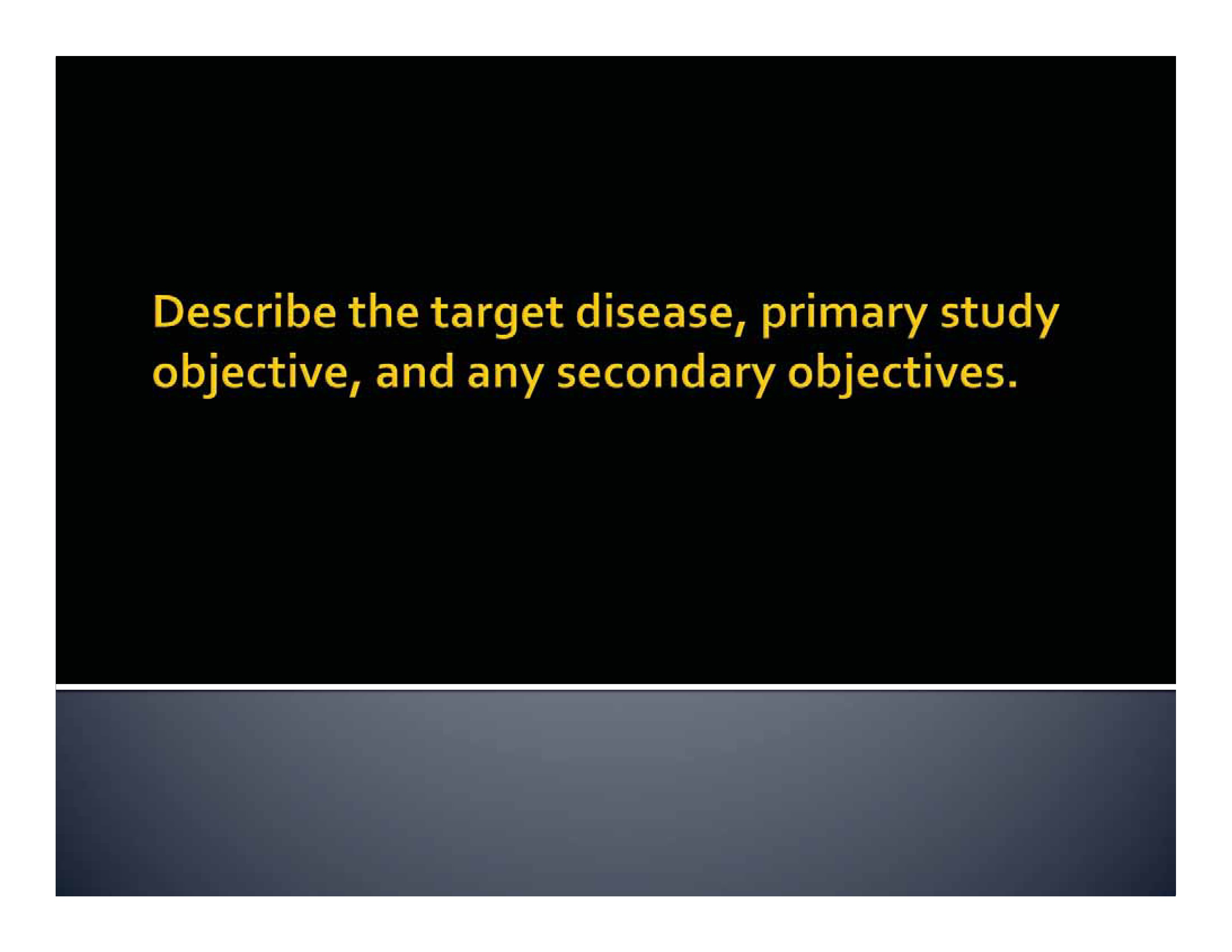
4. Describe the target disease, primary study objective, and any secondary objectives.
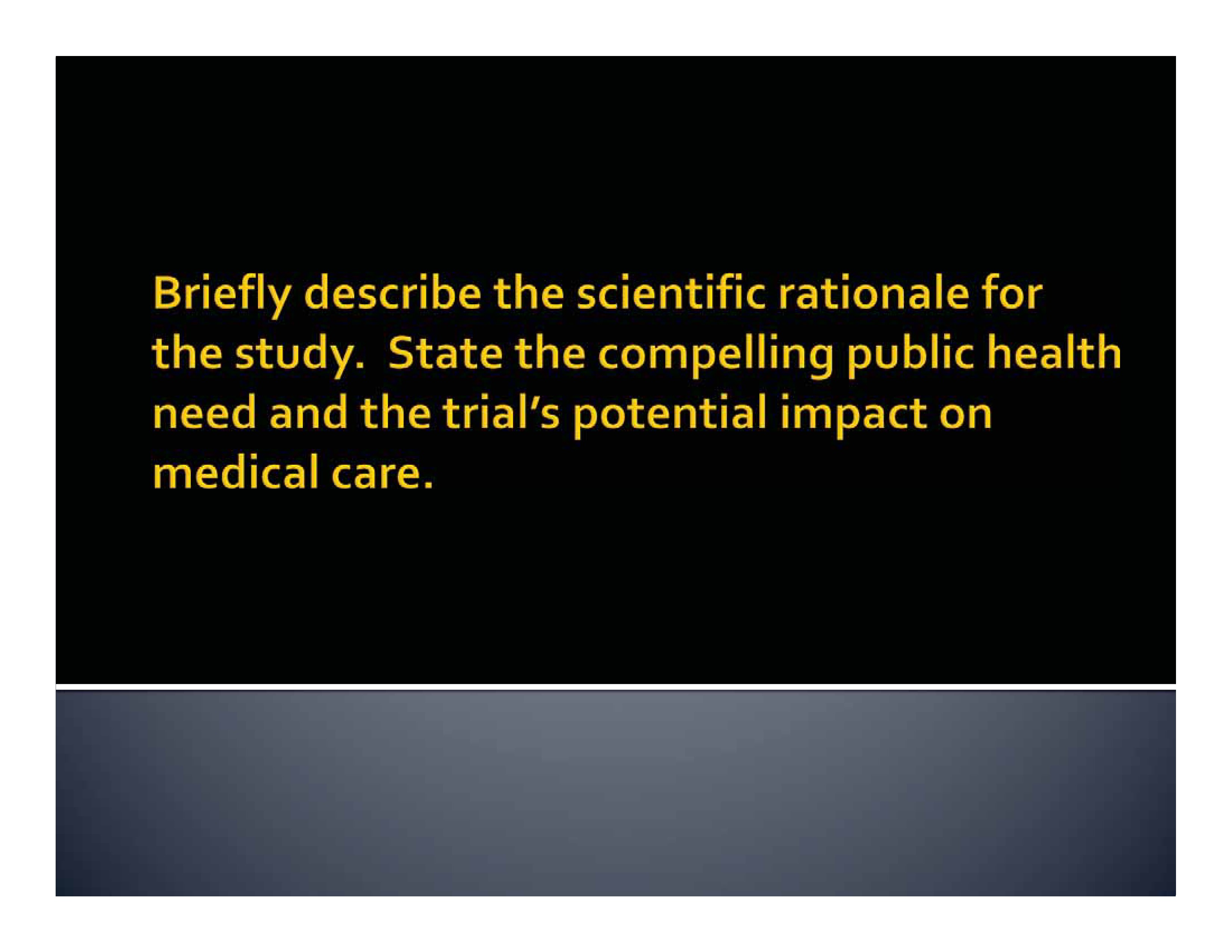
5. Briefly describe the scientific rationale for the study. State the compelling public health need and the trial’s potential impact on medical care.

6. Briefly describe the study design and indicate, in general terms, how the design will fulfill the intent of the study. For a preliminary phase I or II clinical trial, describe how it will be used to formulate a definitive phase III clinical trial.

7. Applications require compelling preliminary data. Are preliminary data adequate?
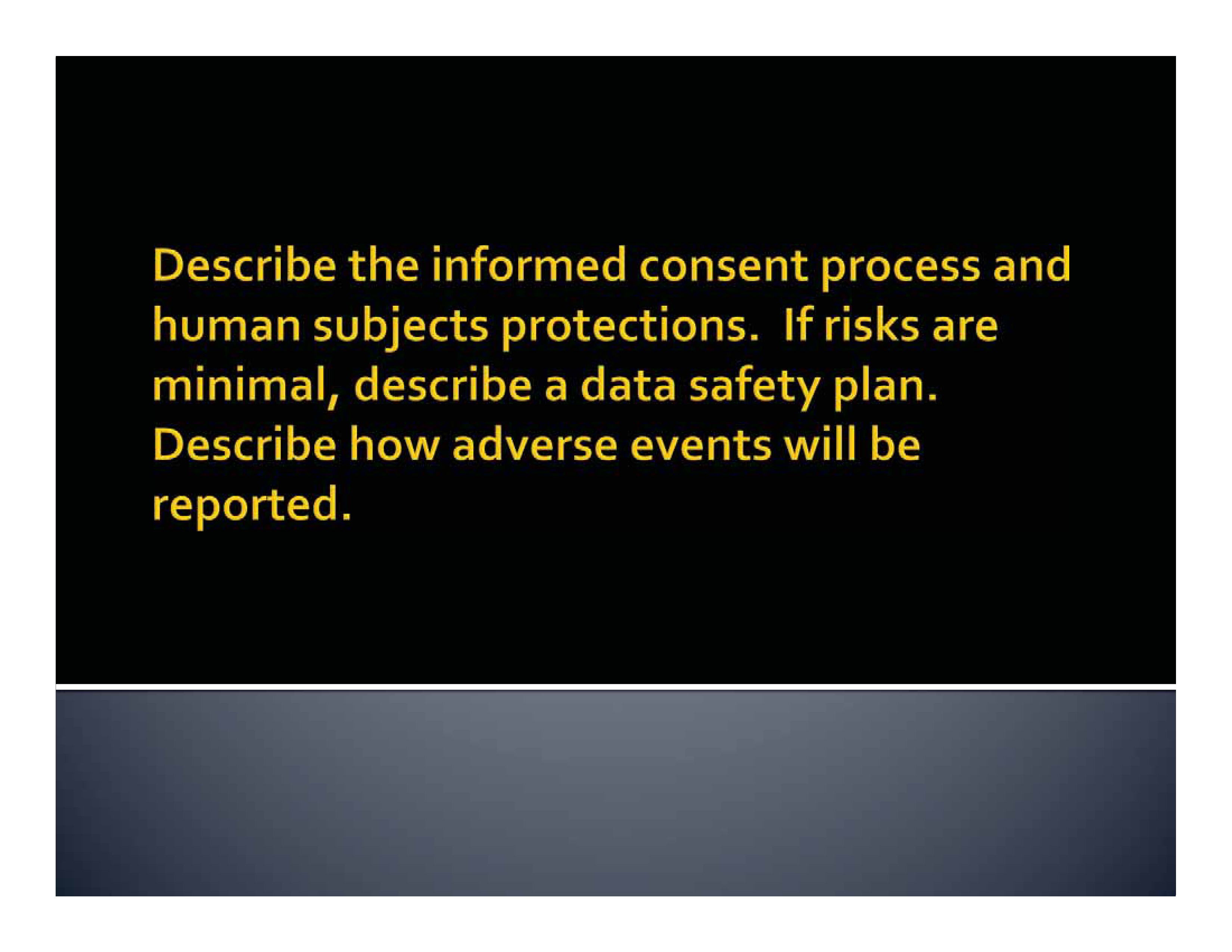
8. Describe the informed consent process and human subjects protections. If risks are minimal, describe a data safety plan. Describe how adverse events will be reported.
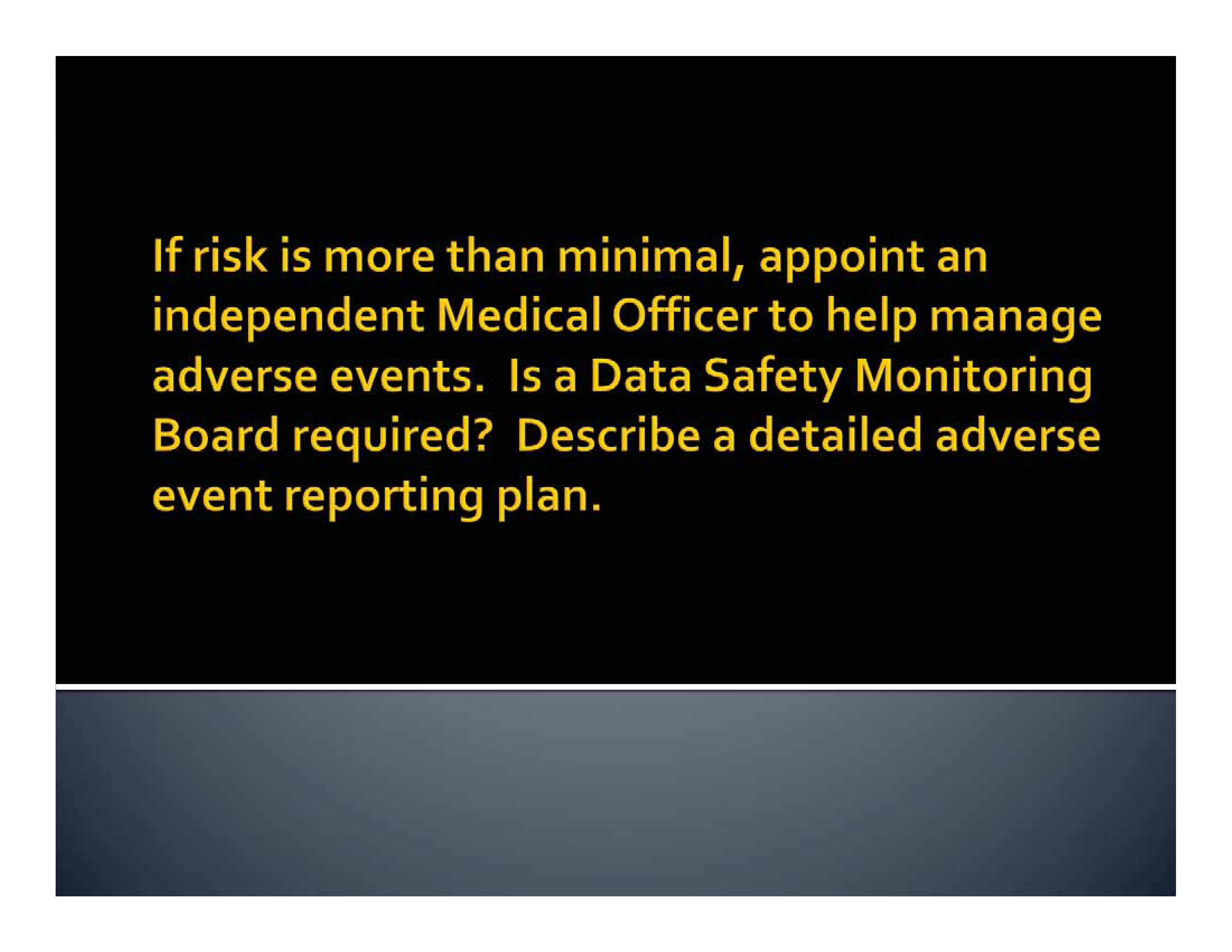
9. If risk is more than minimal, appoint an independent Medical Officer to help manage adverse events. Is Data Safety Monitoring Board required? Describe a detailed adverse event reporting plan.
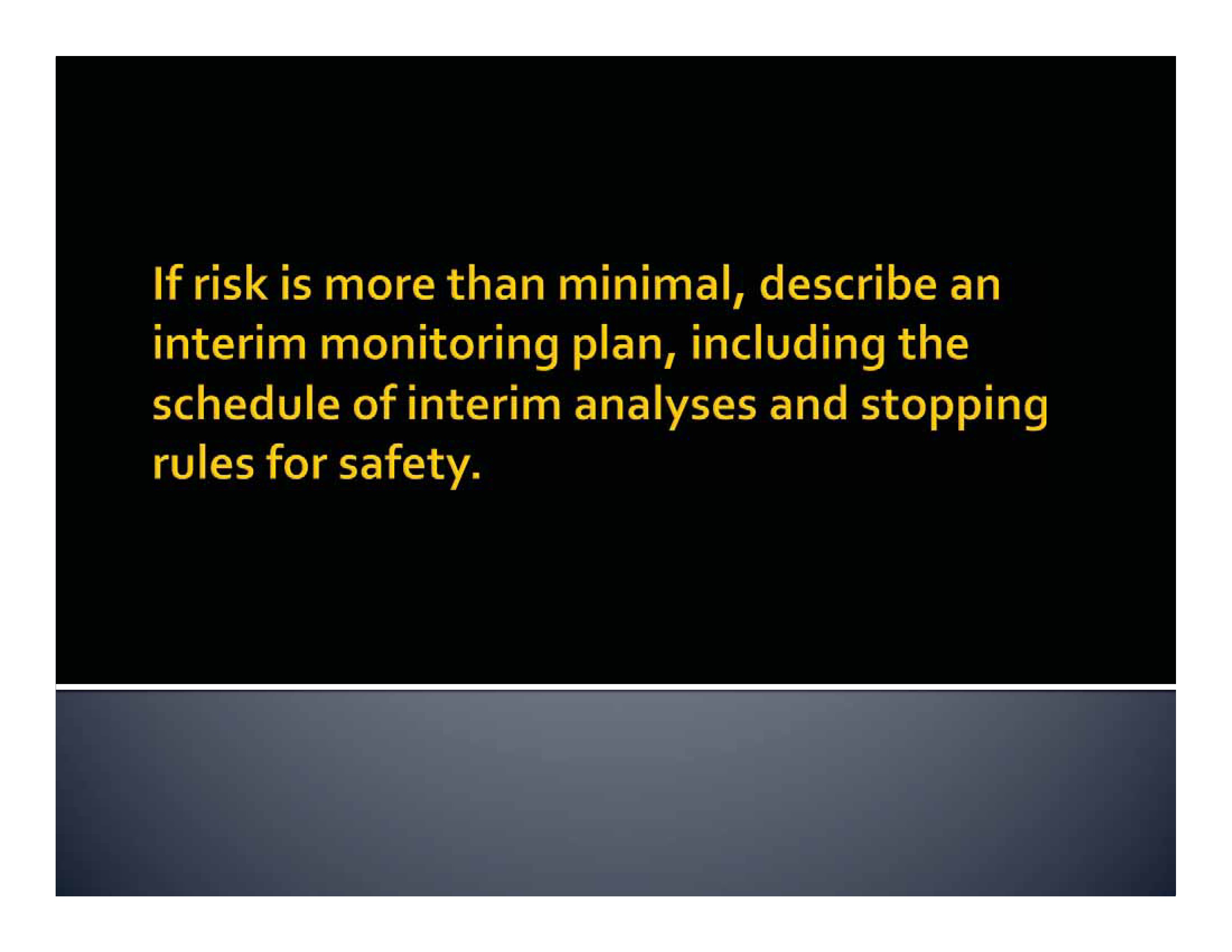
10. If risk is more than minimal, describe an interim monitoring plan, including the schedule of interim analyses and stopping rules for safety.
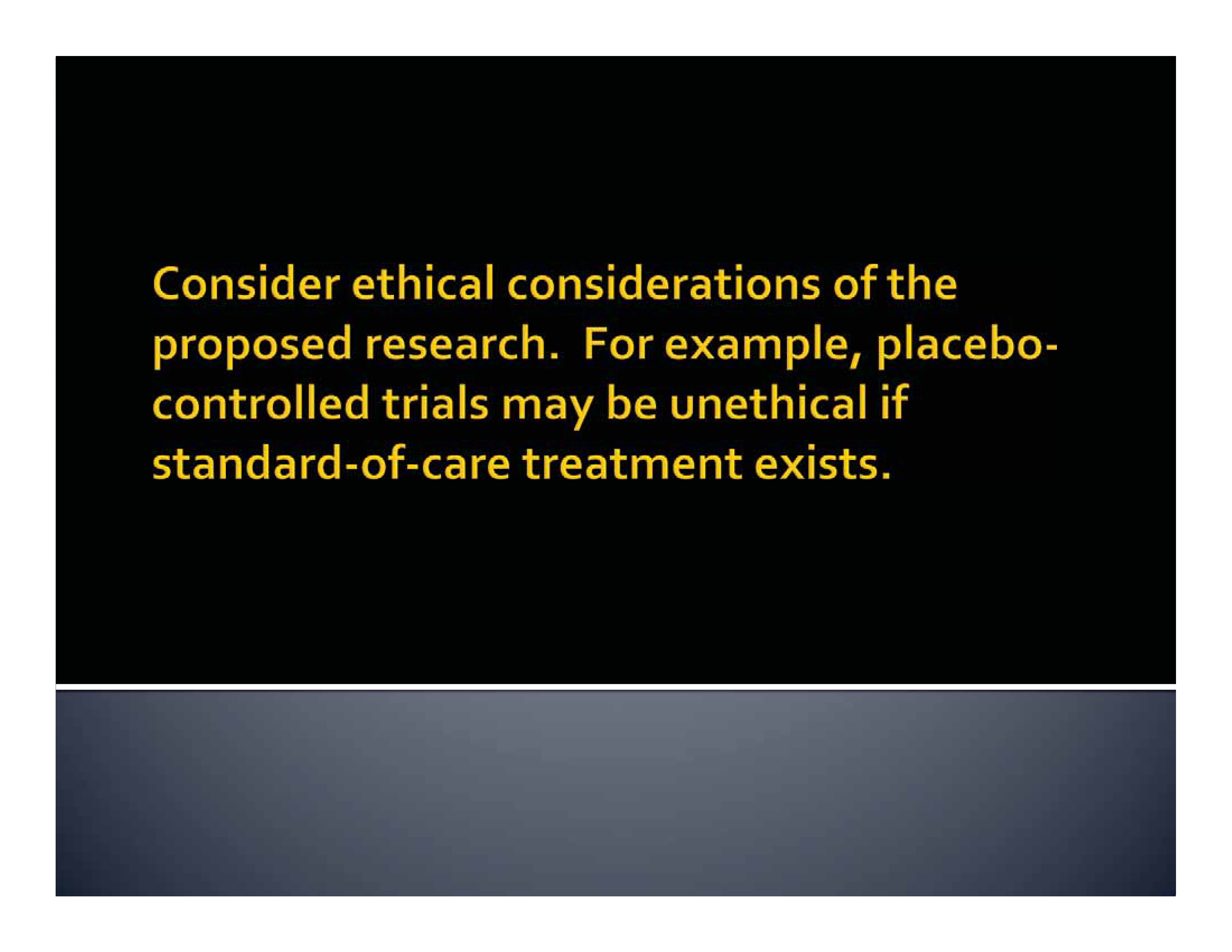
11. Consider ethical considerations of the proposed research. For example, placebo-controlled trials may be unethical if standard-of-care treatment exists.
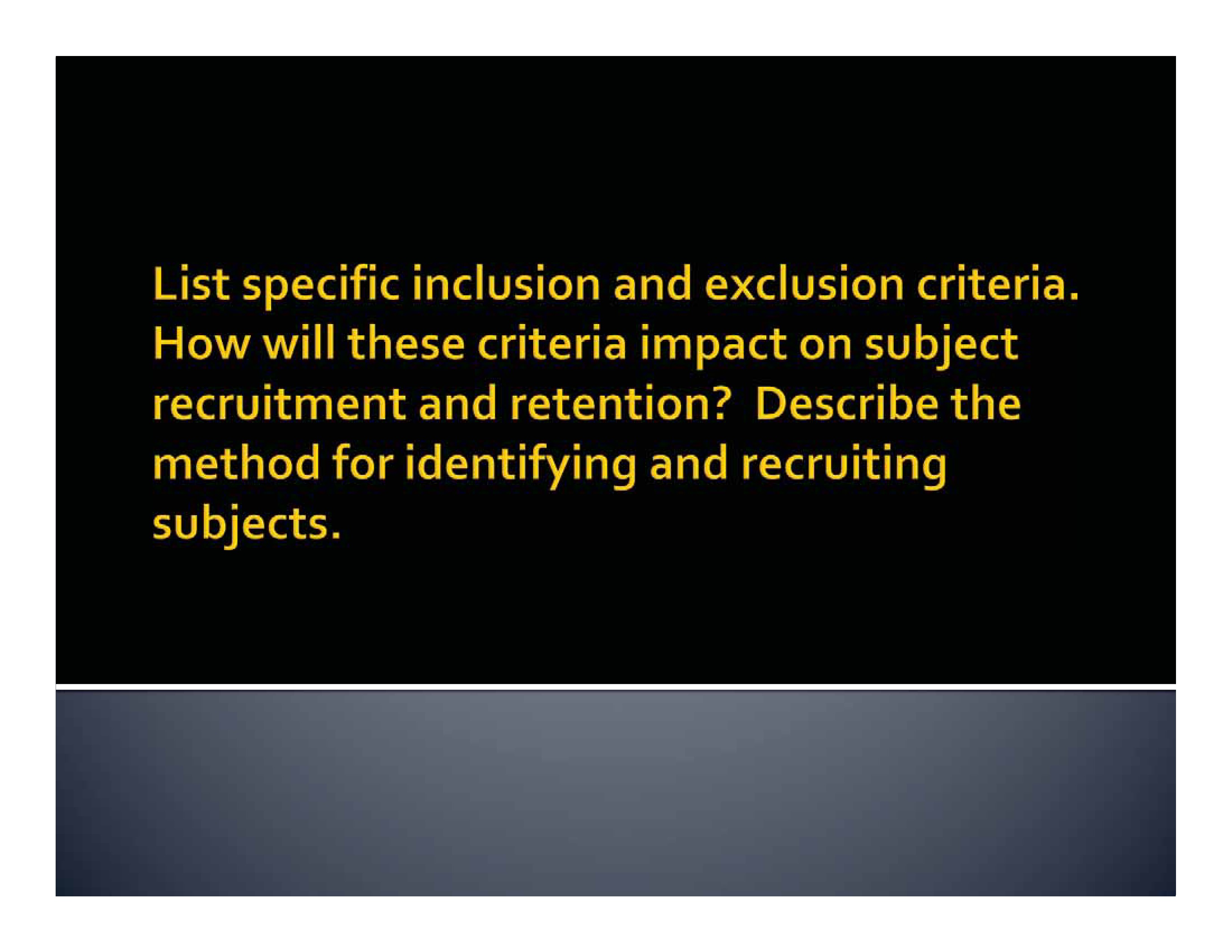
12. List specific inclusion and exclusion criteria. How will these criteria impact on subject recruitment and retention? Describe the method for identifying and recruiting subjects.
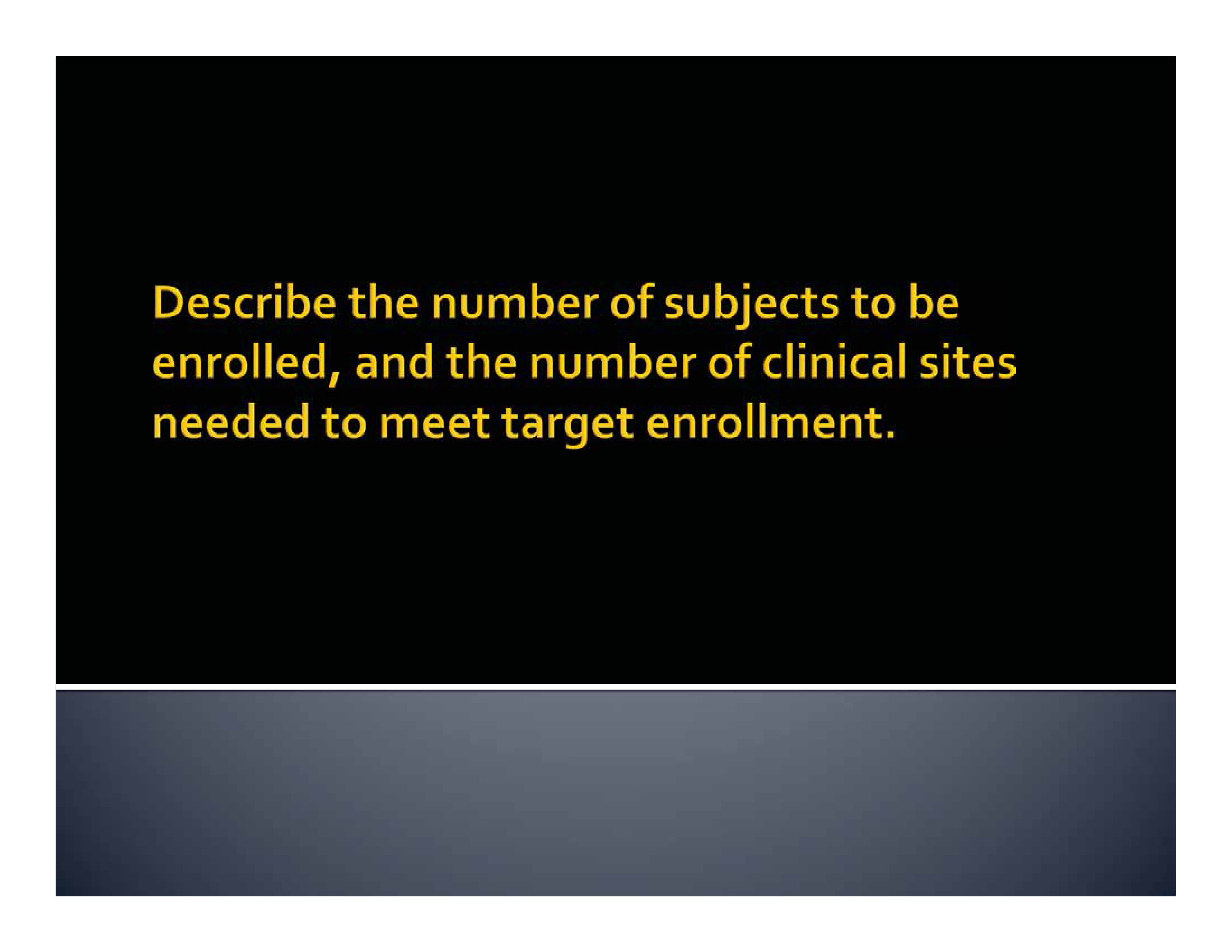
13. Describe the number of subjects to be enrolled, and the number of clinical sites needed to meet target enrollment.

14. Describe the statistical and clinical basis for the sample size calculation.

15. Describe the extent and type of blinding/masking. If possible, persons measuring the primary outcome should be masked.

16. Describe the randomization procedure.
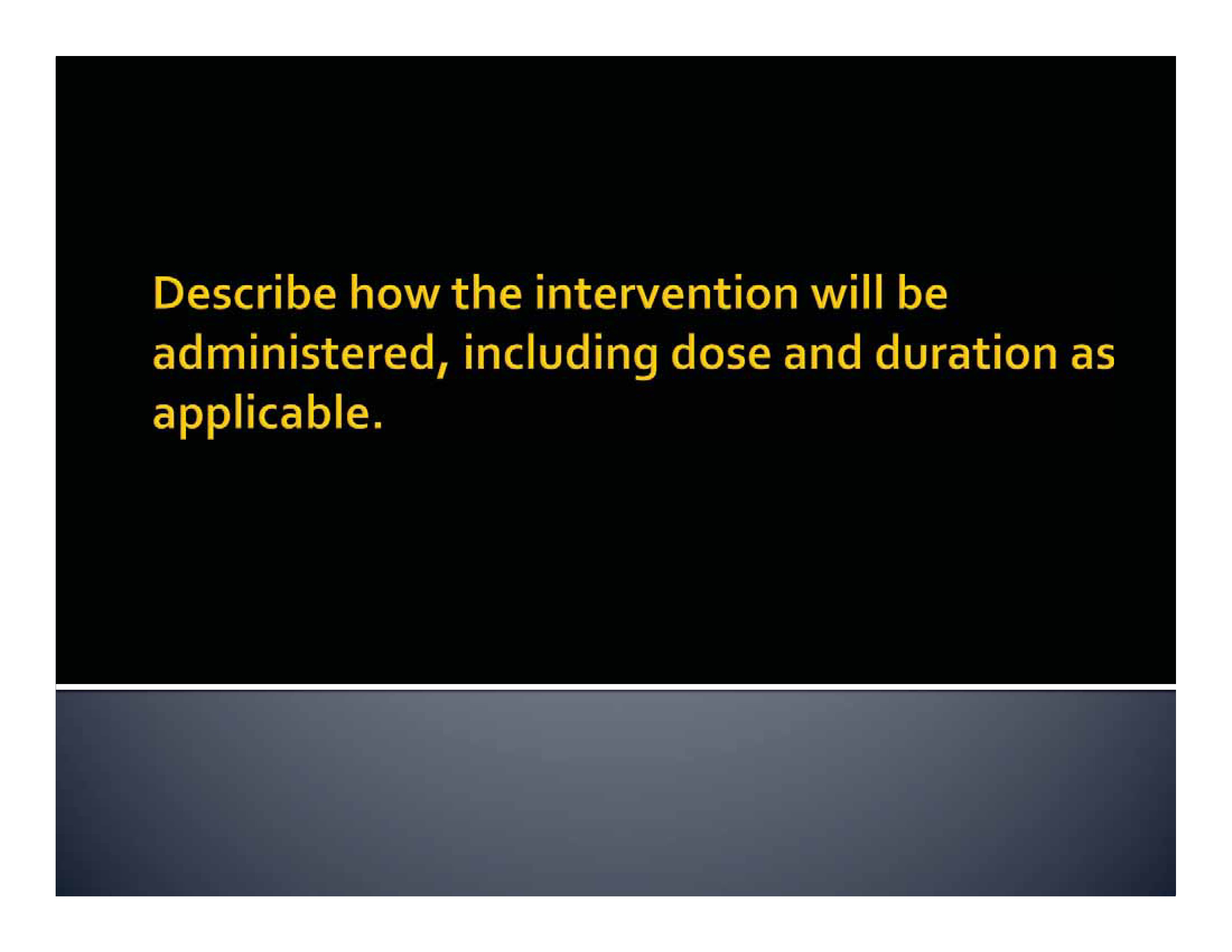
17. Describe how the intervention will be administered, including dose and duration as applicable.

18. How will fidelity checks be used to insure that each subject receives the correct treatment?

19. Describe the primary and secondary outcomes and how they will be measured. Only one primary outcome measure at one endpoint is permitted; all other measurements are observational.
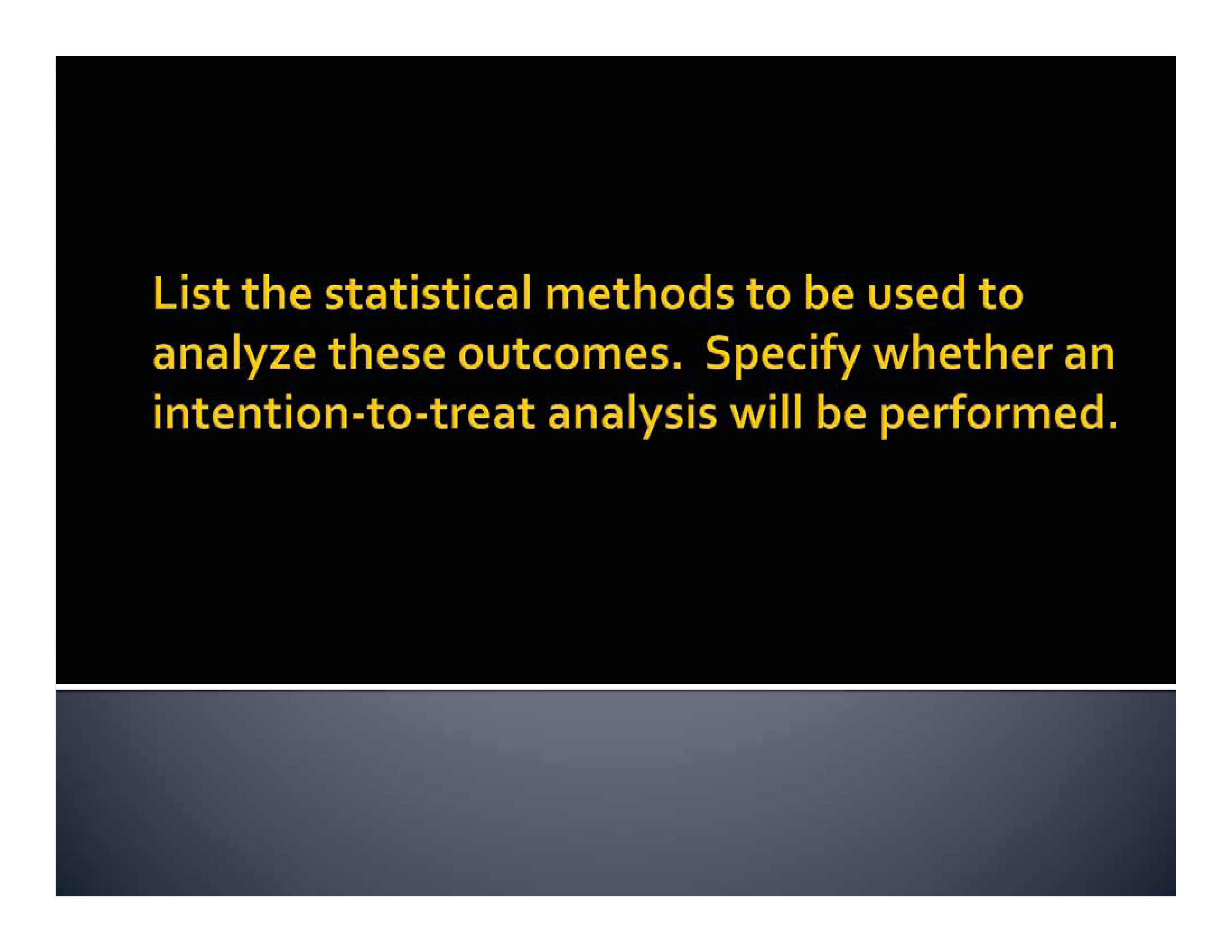
20. List the statistical methods to be used to analyze these outcomes. Specify whether an intention-to-treat analysis will be performed.

21. Explain how missing data, outliers, noncompliance and losses to follow-up will be handled in the analysis.
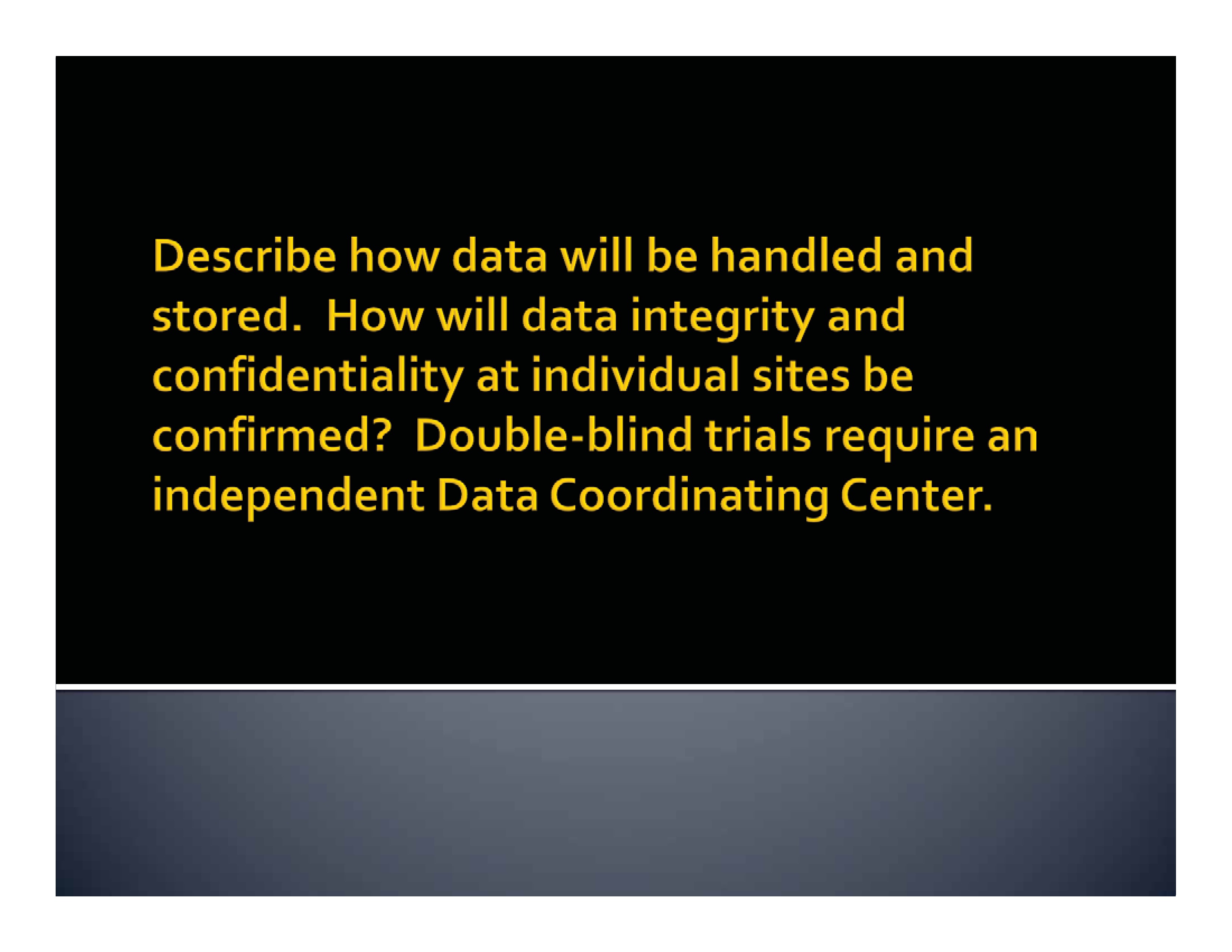
22. Describe how data will be handled and stored. How will data integrity and confidentiality at individual sites be confirmed? Double-blind trials require an independent Data Coordinating Center.

23. Specify stopping rules for efficacy, futility, or poor study performance. For phase I and II trials, specify an efficacy threshold needed to progress to a phase II or III trial.
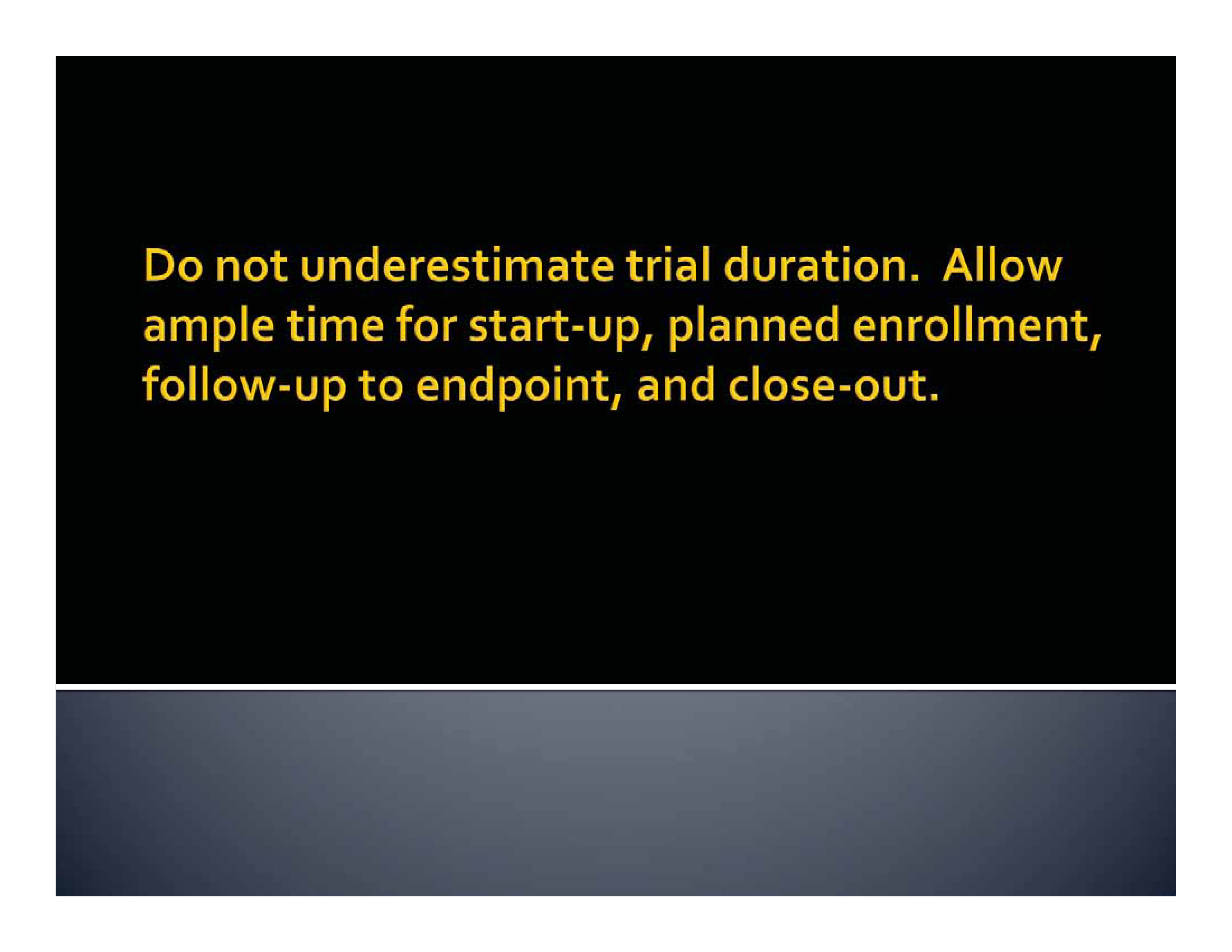
24. Do not underestimate trial duration. Allow ample time for start-up, planned enrollment, follow-up to endpoint, and close-out.
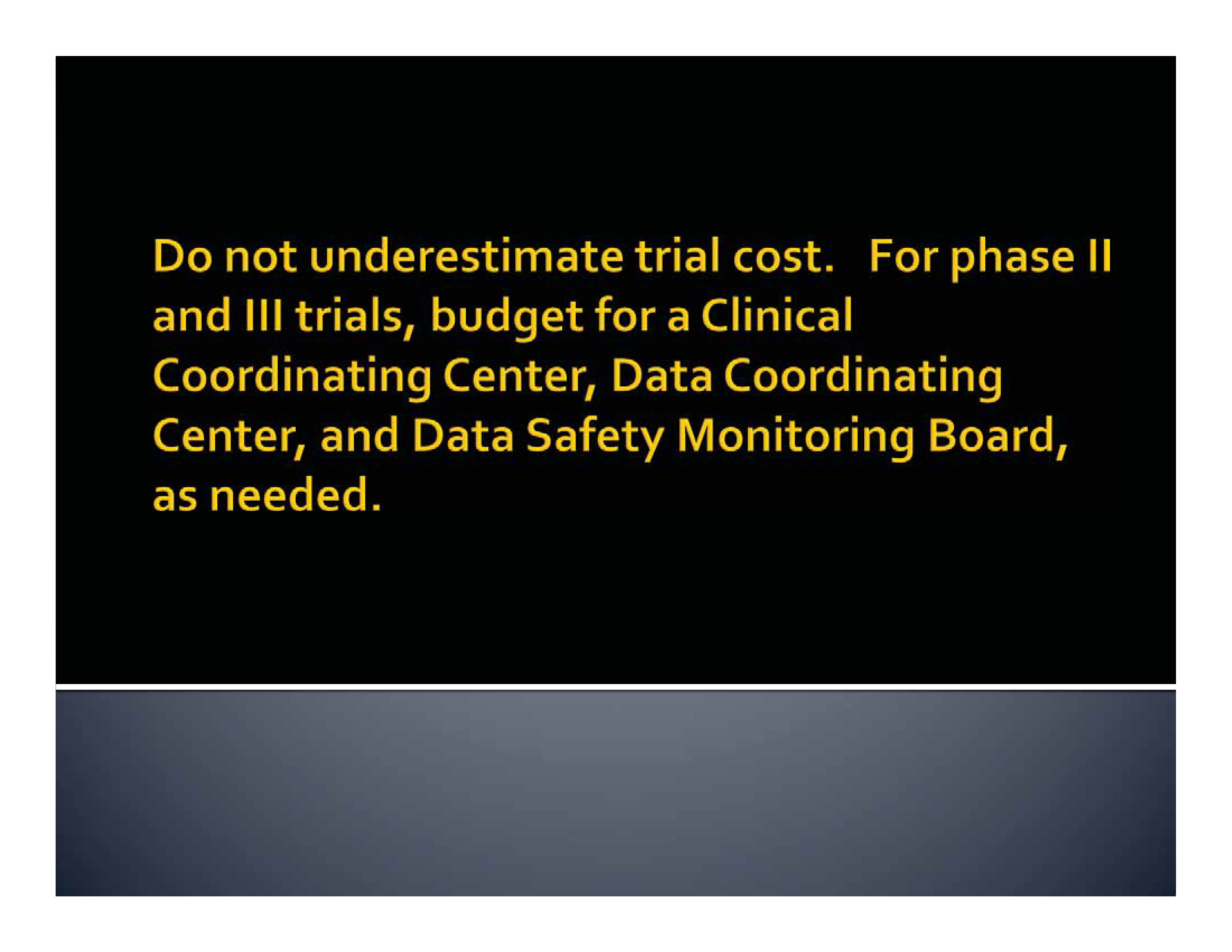
25. Do not underestimate trial cost. For phase II and III trials, budget for a Clinical Coordinating Center, Data Coordinating Center, and Data Safety Monitoring Board as needed.
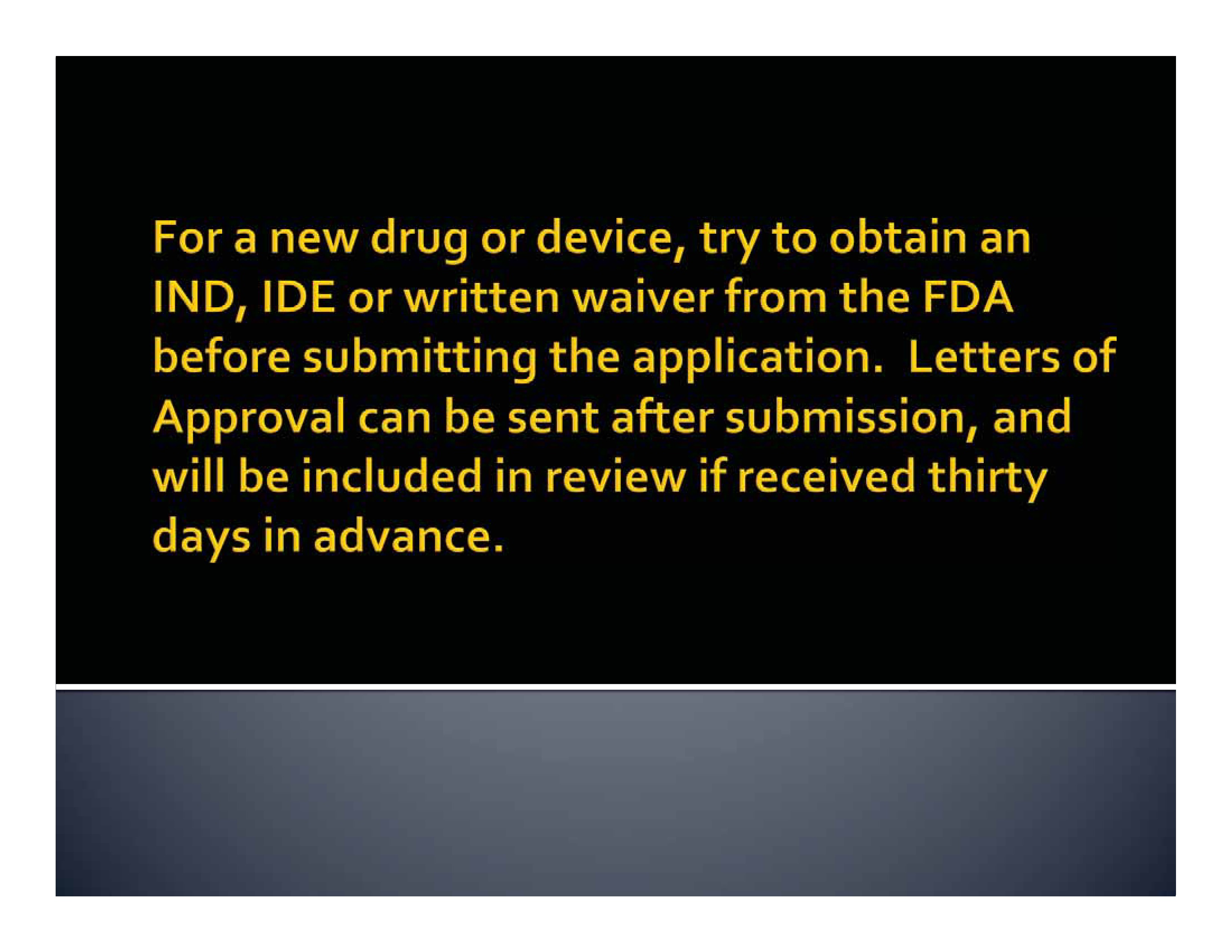
26. For a new drug or device, try to obtain an IND, IDE or written waiver from the FDA before submitting the application. Letters of Approval can be sent after submission, and will be included in review if received thirty days in advance.

27. Name the participating pharmaceutical or device manufacturing company, if any.

28. Do you or any member of your Study Team have a financial conflict of interest or hold a patent for the use of the intervention in this protocol?
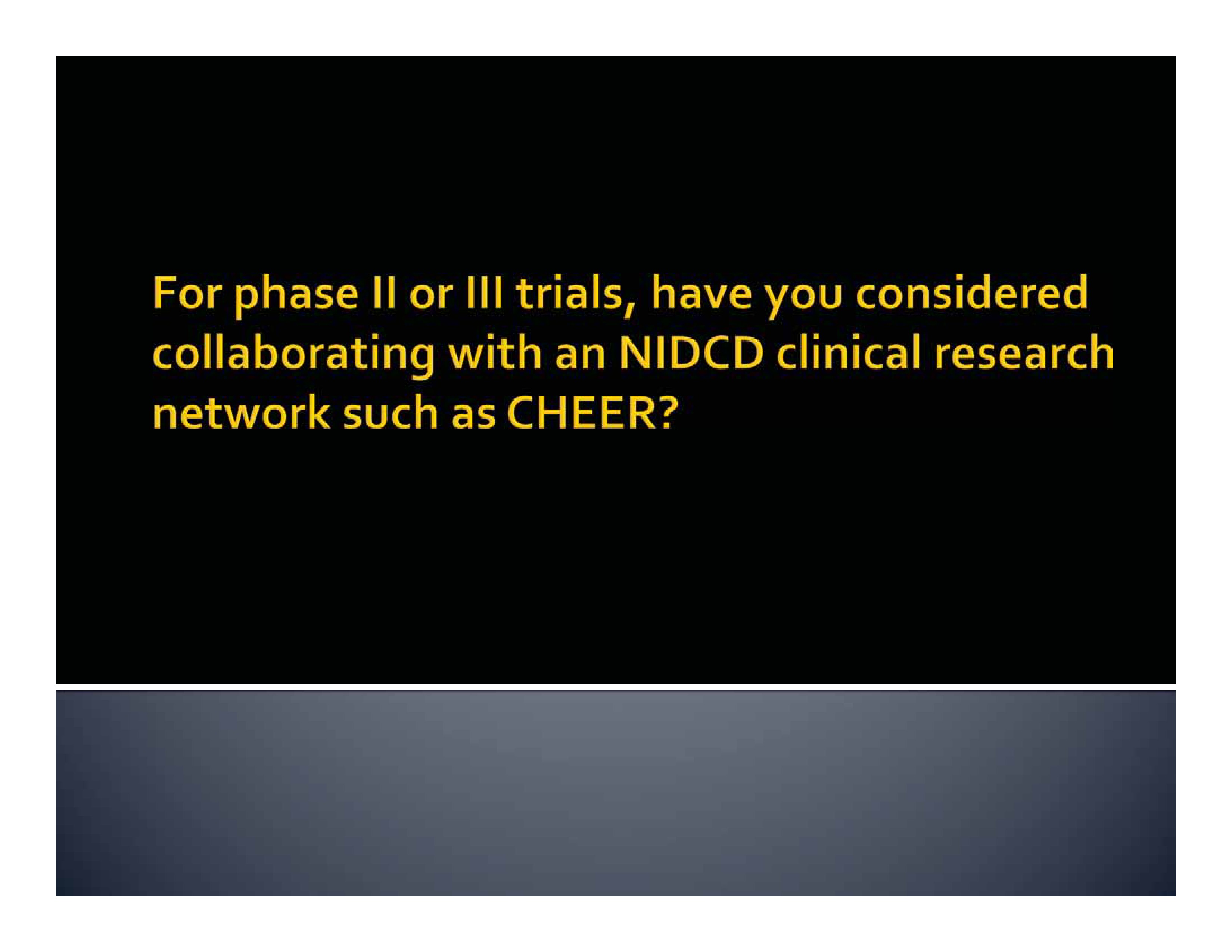
29. For phase II or III trials, have you considered collaborating with an NIDCD clinical research network such as CHEER?
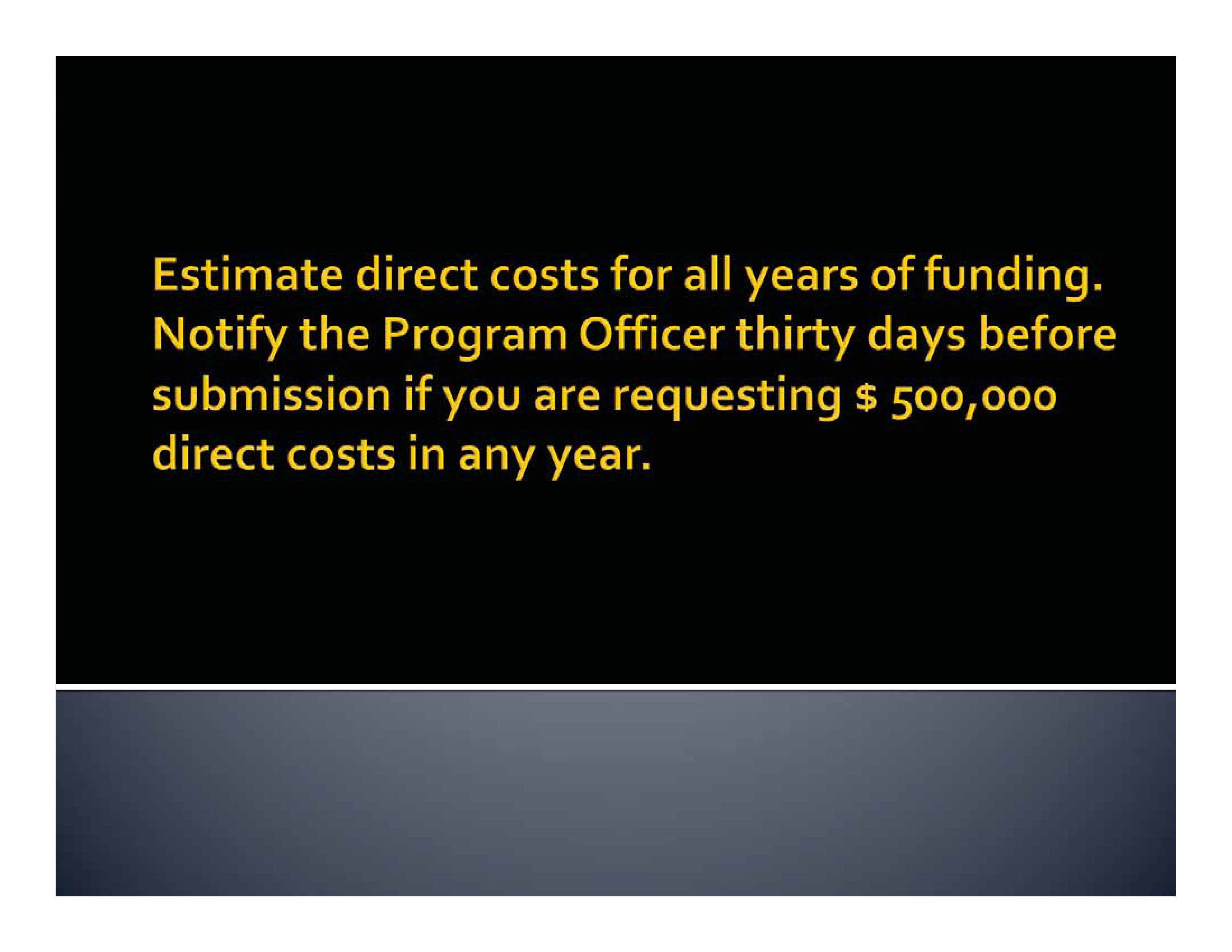
30. Estimate direct costs for all years of funding. Notify the Program Officer thirty days before submission if you are requesting $500,000 direct costs in any year.

31. Indicate a planned submission date.
Further Reading: Sample of NIDCD Clinical Trials
Formby/Scherer – Tinnitus Retraining Therapy Trial (TRTT) [clinicaltrials.gov/ct2/show/NCT01177137]
Fridriksson – Brain Stimulation and Aphasia Treatment (tDCS) [clinicaltrials.gov/ct2/show/NCT01686373]
Verdolini – Voice Therapy for Teachers With Voice Problems [clinicaltrials.gov/ct2/show/NCT00222937]
Hartnick – Randomized Controlled Trial of Voice on Children With Vocal Nodules [clinicaltrials.gov/ct2/show/NCT01255735]
Cherney – Transcranial Direct Current Stimulation and Aphasia Language Therapy [clinicaltrials.gov/ct2/show/NCT01486654]
Humes – At-home Auditory Training Clinical Trial [clinicaltrials.gov/ct2/show/NCT01950013]
Kurland – Overcoming Learned Non-Use in Chronic Aphasia [clinicaltrials.gov/ct2/show/NCT02012374]
Storkel – Accelerating Word Learning in Children With Language Impairment [clinicaltrials.gov/ct2/show/NCT01829360]
Grigsby/Sharma – Effectiveness of Therapy Via Telemedicine Following Cochlear Implants (TACIT) [clinicaltrials.gov/ct2/show/NCT02497690]
Reference
National Institute on Deafness and Other Communication Disorders (NIDCD). (2012). Clinical Trials: Information for Researchers and Health Professionals. NIDCD: Research: Clinical Studies: Clinical Trials (Available from the NICDC Website at http://www.nidcd.nih.gov/).






